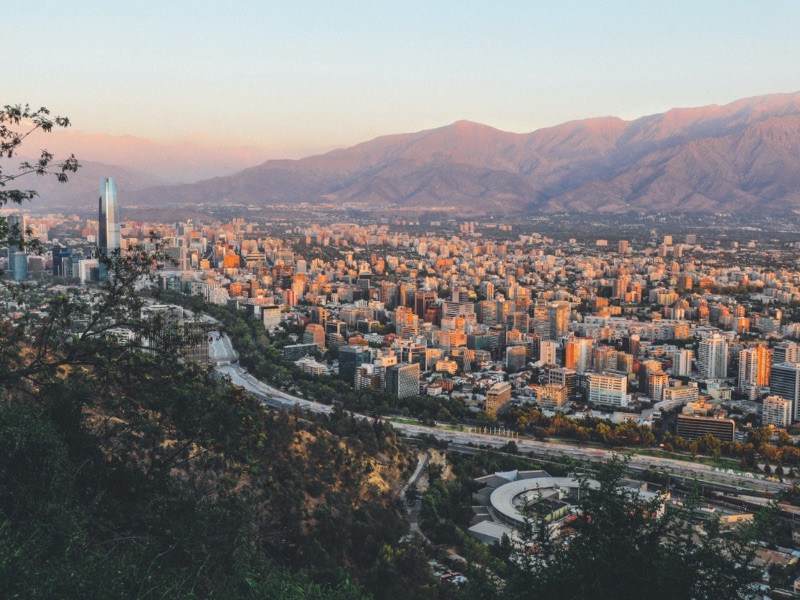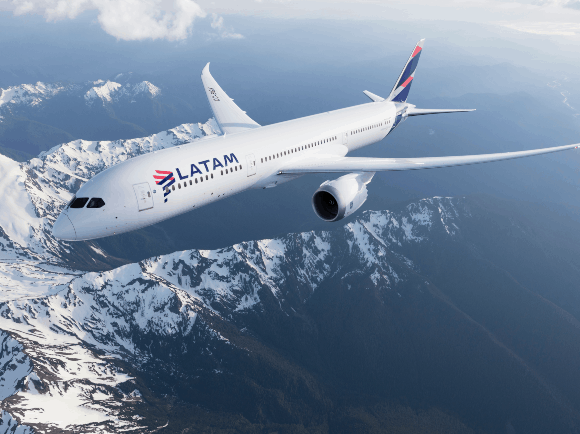Airlines Playing a Cruel Cancellation Game

Throughout the pandemic, airlines have had to cancel a lot of flights. This is already inconvenient enough for customers who had booked tickets on flights that are no longer going ahead. But airlines including Qantas have found a way to make the experience even worse for passengers.
Over the last couple of years, Qantas has made a habit of selling an optimistic (and in some cases, unrealistic) flight schedule ahead of time. It then consolidates or cancels some of these scheduled flights closer to the travel date, if it becomes clear demand is not as high as the airline hoped or that the destination country is taking longer than anticipated to remove travel restrictions.
Ultimately, this means that some of the Qantas flights scheduled for travel dates into the future never actually operate.
Until recently, for example, Qantas was accepting bookings for travel dates from late March 2022 on routes like Sydney-Santiago, Melbourne-Hong Kong and Brisbane-Tokyo. These flights are not currently operating and the restart date for these routes has since been quietly pushed back, but Qantas has not actually cancelled any of these flights yet. Other international routes have also been affected.
A long wait for non-operating flights to get cancelled
Flight cancellations happen all the time. This itself is not scandalous. But the way that Qantas and some other airlines have been handling these cancellations has been problematic.
When Qantas delays a route relaunch, it doesn’t simply cancel the flights that were due to operate between the old and the new restart date. Instead, it first “zeroes out” the available seat inventory on affected flights. This prevents new tickets from being sold. But it could take weeks or even months before the flight is officially cancelled in the system.
In the meantime, all of these flights continue to appear in the GDS (Global Distribution System, used by travel agents) or Expert Flyer like this:

The above screenshot shows a flight with no availability in any booking class. This is how a flight would appear to travel agents if it was fully booked. However, this flight is not fully booked – Qantas has likely just removed it from sale because the company no longer intends to operate it.
Meanwhile, passengers with existing bookings on these “zeroed out” flights still have confirmed tickets and are often none the wiser that their flight probably won’t go ahead.
Even if they did realise what was going on, they wouldn’t be entitled to a refund yet because the flight is still showing in the system as running. This creates a frustrating situation where passengers wait in limbo to found out whether their flight will indeed be cancelled, and whether any alternative flights will be offered.
Ultimately, this means passengers find out that their flight is cancelled much closer to the travel date. This is inconvenient because they may have made more travel plans in the meantime around the assumption their flight would go ahead, and have less time to make alternative arrangements.
Passengers booked to Santiago wait in limbo
A good example is Qantas’ flights from Sydney to Santiago. Qantas was previously selling seats on flights QF27 and QF28 between Sydney and Santiago, the airline’s only route to South America, from 27 March 2022. Many customers booked tickets. But in late January, Qantas “zeroed out” all Qantas-operated flights on this route until late October 2022.

It is fairly obvious that Qantas has done this because it no longer plans to resume flights to Santiago this month. In case there was any doubt, Sydney-Santiago was also a notable omission on the list of international routes Qantas announced last month that it would restart in March. (Flights to Tokyo and Hong Kong also didn’t make this list.)
But for passengers with bookings to Santiago, their flights still appear to be going ahead. They still haven’t been formally cancelled.
Passengers with Qantas bookings to Santiago are now waiting anxiously to find out whether they’ll be offered an alternative flight or a refund. The best case scenario is that passengers would be rebooked on “QF” codeshare flights operated by LATAM Airlines, which will resume flights from Sydney to Santiago via Auckland later this month.

But passengers scheduled to fly in as little as three weeks still have no information. If they try calling the Qantas call centre, the staff just tell them that their flight is going ahead, they have no further information and they can’t do anything.
This is clearly unacceptable as people need more time to make alternative arrangements to get to South America in the event that Qantas only offers a refund (and not alternative flights). Even if passengers are rebooked on LATAM, this will still result in schedule changes and possibly missed connections which will need to be sorted out in advance.
One AFF member booked on QF27 wrote:
I called Qantas again and received a very ermm… unsatisfactory response, dodging my question and after 2hs, the guy hang up on me as I was asking for more information! I cannot believe what the airlines are doing, it’s highly unethical, even if this flight goes ahead, it makes no sense that they would zero out all of them, and the rep keeps repeating the same blurb; that my flight is going ahead and that as far as Qantas is concerned, flight is still going ahead (?!). I cannot understand how can it go ahead if there are none on Qantas’ website. I don’t know what options I have at this point, apart from cancelling the flight myself. They should tell us why the flights have been zeroed out til October.
– baarg, 15 February 2022
Another member posted:
I have a booking for the 6th of April to Santiago, I spoke to someone in Qantas and the people from Flight centre kept saying that the flights are at full capacity so they should go….?? Very upsetting at the moment.
– Sylvana, 1 March 2022
Australian Frequent Flyer reached out to Qantas a fortnight ago to ask what is happening with the Sydney-Santiago flights and whether affected passengers on cancelled Qantas-operated services would be rebooked on LATAM Airlines. We are yet to receive a response.
You can join the discussion about these flights on the Australian Frequent Flyer forum: Future of QF27/28 travel post covid
Why do airlines do this?
There are some legitimate reasons that airlines may “zero out” a flight. For example, it could be fully booked, or the airline may need to block a large number of seats for some operational reason. It is also possible that the airline simply needs more time to work out whether it will receive regulatory approval or be able to operate the flight with passengers.
But this is not generally what’s happening with these types of cancellations where entire months’ worth of flights on specific routes are zeroed out at the same time.
One would assume the main reason for not cancelling flights outright, if the airline no longer intends to operate them, is to hold onto customers’ money for longer.
Qantas already takes more than 8 weeks in many cases to refund money to customers after they become entitled to a refund. By delaying the cancellation of flights, Qantas can hold onto customers’ money for even longer as customers with confirmed bookings can’t generally get a refund without paying a cancellation fee.
Under Qantas’ Fly Flexible policy, affected customers would be able to access a flight credit if their flight hasn’t yet been cancelled. But this is not the same as a refund, as Qantas flight credits come with conditions attached. Customers can also choose to change their travel dates, however any fare difference would apply.
Only once a flight is formally cancelled are customers entitled to a full refund or to change to an alternative flight (if available) without being charged the fare difference.
Qantas is by no means the only airline doing this during COVID-19, but it is a serial offender and many Australians have been impacted.
This practice may be better for the airline’s own cash flow, but it sure is inconvenient and frustrating for customers.
Join the discussion on the Australian Frequent Flyer forum: QF zeroing flights – cancellation impending?



Community Comments
Loading new replies...
Join the full discussion at the Australian Frequent Flyer →